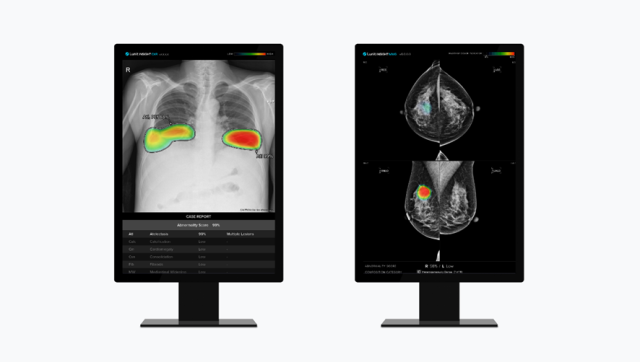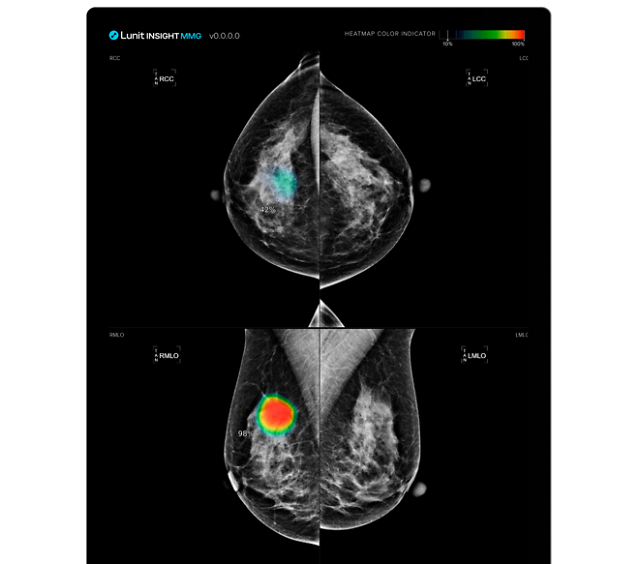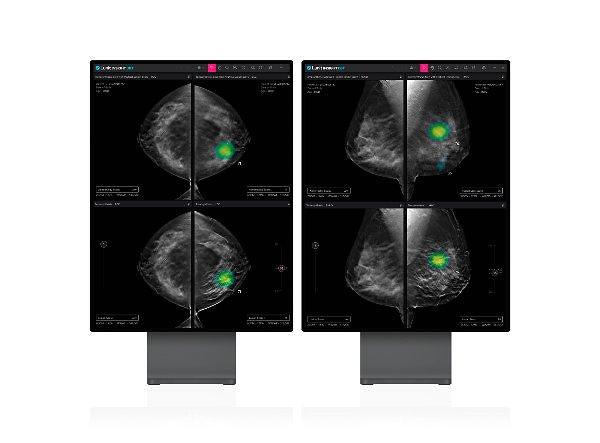Scientific discovery may lead to drugs fighting basal-like breast cancer
By Park Sae-jin
Posted : October 7, 2015, 16:48
Updated : October 7, 2015, 16:48
Professor Andreas Constantinou, a molecular biologist, said on Tuesday that the discovery may lead to drugs to fight basal-like breast cancer (BLBC), which is among the most aggressive forms of cancer.
"It may translate in the future to targeted treatment that could offer hope of survival to millions of women who suffer this aggressive form of cancer," Constantinou said.
"This research has global resonance," added Constantinou, who headed the team of Cypriot researchers of the Cancer Biology and Chemoprevention Laboratory of the Department of Biological Sciences at the University of Cyprus.
He explained that BLBC does not respond to most conventional drugs available and moreover, this form of cancer is more likely to metastasize faster and earlier.
Constantinou said the researchers of the two teams found high levels of protein IL13Ra2 (Interleukin-13 receptor alpha 2) on the surface of cancer cells in metastatic of advanced forms of BLBC.
Reducing the levels of the IL13Ra2 receptor in mice they noted that the growth of tumors in mice slowed down. Also cancer cells showed less or no metastases to the lungs.
They hypothesized that this protein is involved in cancer development and spreading, a fact offering the prospects to develop effective drugs which were not possible up to now because the reasons behind the aggressiveness of this type of cancer were not known.
"The potential offered by this discovery is not limited to breast cancer, as other forms involve high levels of the IL13Ra2 protein, including cancer of the brain, pancreas, ovaries and colon," Constasntinou said.
By Ruchi Singh




